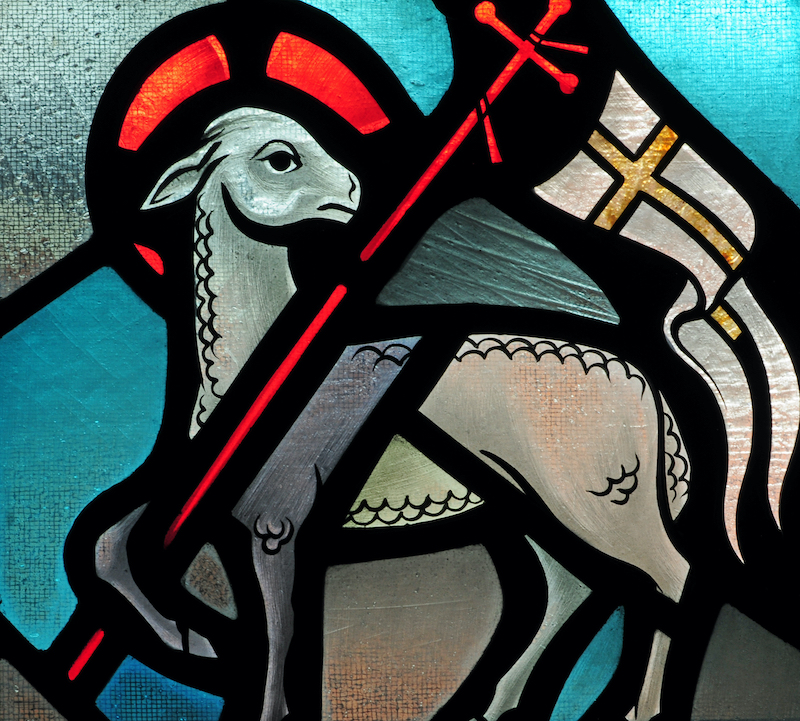In last week’s E-News, Ray laid out succinctly the development of the Anglican Church in the colonies to the Episcopal Church in the United States following the Revolutionary War. Ray made the point that the Episcopal Church was born out of revolution putting our denomination in a unique position to enact change. Of course this change and the work towards it is not unique to our denomination, but rather a mark of our Christian faith. As he pointed out, “We are to be a force against racism that we ourselves have sometimes participated in.” We are called to advocate for justice for all who are oppressed and to be a presence for those who are anxious in uncertain times. We understand our calling as those who follow Jesus by looking to the life of Jesus and his ministry.
So how do we engage this work and where do we begin? The danger of becoming overwhelmed is great.
In the Book of Job chapter 2 we learn of Job’s three friends who come to console and comfort (NRSV translation) Job. When they first lay eyes on him, the suffering that has befallen him, however, they begin weeping loudly, ripping their clothes and even throwing dust upon their heads. They have no response and instead are stunned into silence for seven days. The suffering they saw was so great that they were incapable of responding concretely; instead they respond by mimicking the chaos they see all around them, shouting, tearing clothes, throwing dirt; all of which may be sign of mourning but boils down to little more than an acknowledgment of the impossibility of a meaningful response amidst such chaos and crisis.
Today, amidst the pandemic and amidst racism that many can no longer tolerate, we are asking, “What can we do?” Not only in response to the racial injustice we see around us but for all manner of issues facing our world today including climate change, migrant farmworkers, the rights of our LGBTQ sisters and brothers, the list goes on. What can we do, what is the Church’s response?
I am grateful for this question. It speaks to a level of compassion for others that moves us to action. The risk, however, is that we may move too quickly to action or become overwhelmed by the possibilities for engagement. Like Job’s friends, we can find ourselves doing little more than mimicking the chaos all around us as we try to respond. Moreover, that question is an admission that perhaps we have not being doing enough already. If that is the case the question then serves as an invitation.
I have shared with you previously that members of St. Paul’s and Church of the Good Shepherd have begun a series of conversations together around systemic racism in our country. I continue to ask your prayers for all those involved as well as for your congregation of St. Paul’s. These groups over the next several months are going to be asking questions of themselves and of their congregations; new ministry initiatives may come from this probing and reflecting, some may even feel called to facilitate future discussions around racism in our communities. What will come of this, I cannot say, but I am confident that God is moving among us in our conversations. We are being asked to begin not by going out into the community blind, but by first working internally with ourselves and one another, always discerning God’s leading activity among us.
The work of healing and reconciliation, of real change, takes time, commitment and patience. I am not always comfortable with accepting this. I am grateful for those who are joining together on this journey.
The reality is there is much about our world that needs change. We as the Church are invited and called to be a part of that work. We as St. Paul’s, however, may not be called to be a part of all of that work. How we engage is an ongoing process of discernment, asking ourselves as a congregation “Where is God calling us?” Admitting to ourselves that some things are bigger than us and trusting that God is working in the arenas we may not have energy for, trusting that God’s Church is present and active there even if we are not. While we may not all be involved in these conversations I pray we are all beginning or continuing to discern our engagement in the work of racial healing as a church, praying that God’s call to us as St. Paul’s will become clearer.

The Rev’d Adam Pierce

